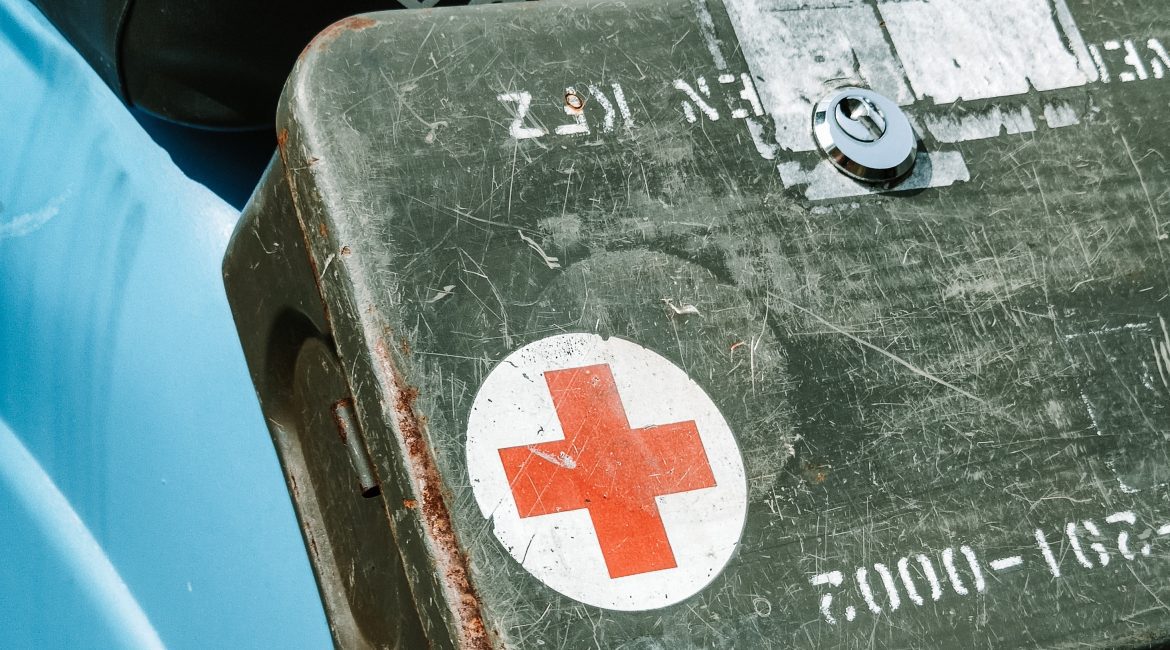Both the Syrian government and the United Nations failed to bring aid to Syrians after the devastating earthquakes of February 6, an International Commission of Inquiry on Syria denounced recently. “We have seen many heroic acts by the Syrians themselves to come to the aid of the victims, but we are also witness to the complete failure of the government and the international community, including the United Nations, to quickly lead urgent life-saving aid to north-west Syria," said Commission President Paulo Pinheiro, presenting a new report.
"All of these parties have some responsibility," he said, calling for an "independent investigation." “They failed to get an agreement on an immediate pause in hostilities. They have failed to facilitate the delivery of vital aid through all available channels”, accuses the Commission, underlining the feeling of abandonment of the Syrians.
The magnitude 7.8 quake, followed by another nine hours later of magnitude 7.6, killed nearly 46,000 people and injured 105,000 in Turkey, according to non-final reports. Nearly 6,000 people also lost their lives in Syria, according to the authorities.
The earthquakes has increased the difficulties of humanitarian organizations to help the Syrian population, particularly in the rebel north-west area of Idlib. The country was hit by international sanctions and the access roads to the only border crossing point that was authorized by Damascus before the earthquakes were themselves damaged by the disaster.
The United States and the European Union have since eased sanctions on Syria, while Damascus has agreed to allow the United Nations to open two more border crossings to help deliver more aid.
The Commission also accuses the Syrian government and army of having "prevented cross-border aid to affected communities" and the jihadist group Hayat Tahrir al-Cham (HTS), in northwestern Syria, of having "refused cross-border aid from Damascus". "We are currently investigating several allegations that parties to the conflict deliberately obstructed humanitarian aid," said Paulo Pinheiro.
The Commission also observes a deterioration in the situation of the 56,600 people, the majority of whom are women and children under the age of 12, detained in the jihadist prison camps of Al-Hol and Al-Roj under Kurdish administration, in northeastern Syria. “The suffering inflicted on these people may constitute the war crime of outrages upon personal dignity,” according to the investigators.

